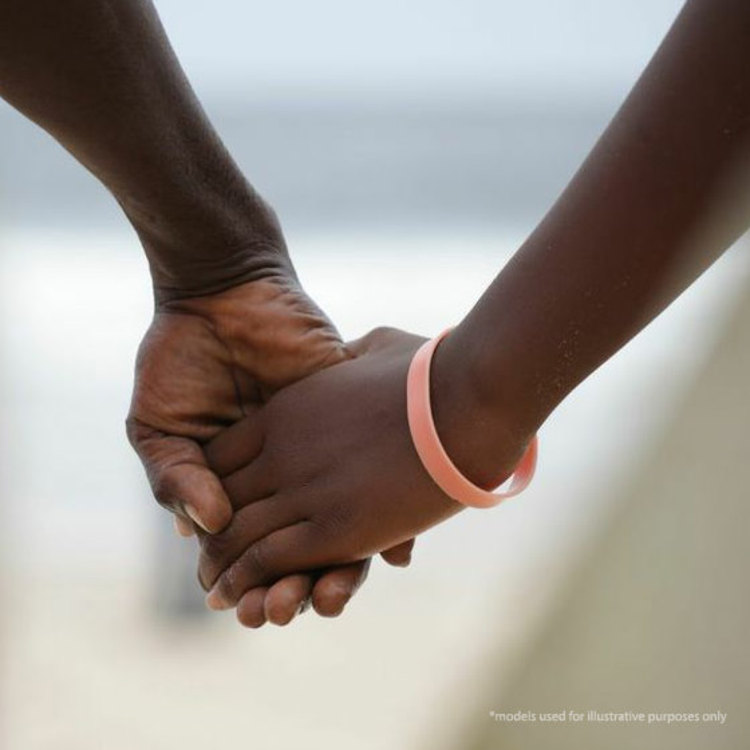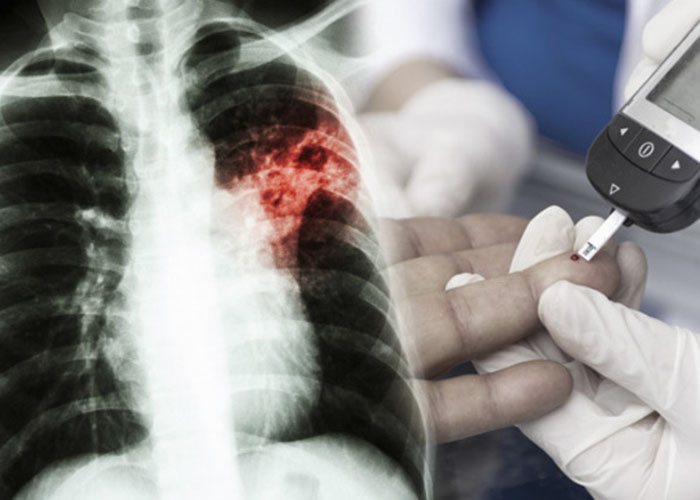
The Sunday Mail

Forward Nyanyiwa —
‘I got pregnant at 16 and didn’t have anyone to confide in. I skipped school lessons and started to feel sick. My weight loss became evident, I could hardly finish a banana without vomiting.
“A visit to the ante-natal clinic, coupled with subsequent tests, revealed that l was HIV positive and l was advised that I had to take antiretroviral tablets to safeguard my unborn baby,” narrates Pamela Maya (not her real name).
She is not the only young expecting mother who finds herself in this situation. There are reports of an increase in new HIV infections among adolescents and young women in Zimbabwe.
Last week, as Zimbabwe joined the world in commemorating World AIDS Day, Health and Child Care Minister, Dr David Parirenyatwa, said although the global theme for this year is “Hands Up for HIV Prevention”, Zimbabwe decided to localise it to “Closing the Tap of New HIV Infections”.
“As Zimbabwe, we noted that the new HIV infections are rising, particularly among the adolescents, youths and young women. This theme therefore seeks to solidify the thrust of the previous themes, which were aligned to HIV prevention,” said Dr Parirenyatwa.
Zimbabwe is among the countries that adopted the 17 Sustainable Development Goals last year as part of a new sustainable development agenda. Goal number three aims to ensure good health and well being for all.
Each goal has specific targets to be achieved in the next 15 years. According to UN.org, there were 250 000 new HIV infections among adolescents in 2013, two thirds of which were among adolescent girls.
It states that AIDS is now the leading cause of death among adolescents (aged 10–19) in Africa and the second most common cause of death among adolescents globally.
“Globally, adolescent girls and young women face gender-based inequalities, exclusion, discrimination and violence, which put them at increased risk of acquiring HIV.”
According to the National Aids Council, the causes of new HIV infections among adolescents and young women is mainly due to the way women are socialised.
“In most cases they cannot negotiate for safe sex, even in a marriage set-up because women are expected to submit. Early marriages expose girls to the risk of HIV infections. Inter-generational sex is another cause of new infections.
“If a woman is not economically empowered, she can fall prey to older men who offer money and other material gifts for sex,” said Tadiwa Nyatanga-Pfupa, the public relations manager for NAC.
She added that a man’s age and financial standing will give him an upper hand in a relationship.
“As NAC, we have been engaging legislators and religious leaders to find ways of reducing new HIV infections in the above-mentioned group. After an engagement with legislators, a motion on ending early childhood marriages was moved in Parliament. We give information to various religious sectors and encourage them to equip women with information that can help them to make decisions on their sexual and reproductive health,” she said.
Nyatanga-Pfupa said NAC also has a programme for youths in and out of schools as well as those in tertiary institutions. She added that they have a specific department that deals with adolescents.
“We also work with a number of implementing partners in programming for young people.”
According to statistics from Unicef Zimbabwe, relationships with large age-differences are common in Zimbabwe and 15 percent of young women aged between the ages of 15-19 report that they have had sex with a man 10 years older.
“Critics believe that promoting condoms usage in young people encourages them to experiment with sex at an early age but avoiding safe sex education is detrimental to the health of young people and puts them in greater risk of HIV,” says the report.
Last year, there was intense debate on whether it would be proper to distribute condoms in primary and secondary schools following concerns that children were having sexual relations.
Primary and Secondary Education Minister, Lazarus Dokora then told the National Assembly during a question and answer session that Government would not be distributing condoms to school children. In a World Aids Day message, Michel Sidibe, the Executive Director of UNAIDS, under secretary-general of the United Nations noted that, “We know that for girls in sub-Saharan Africa, the transition to adulthood is a particularly dangerous time.
“Young women are facing a triple threat – a high risk of HIV infection, low rates of HIV testing and poor adherence to HIV treatment.”
At the International Aids Conference held in Durban in July, Zimbabwe was selected to lead the campaign to prevent new infections in light of the goal to create an HIV and Aids free generation by 2030.
Zimbabwe, led by Dr Parirenyatwa, shared notes on prevention focusing on key population groups that are at high risk of having new infections.



